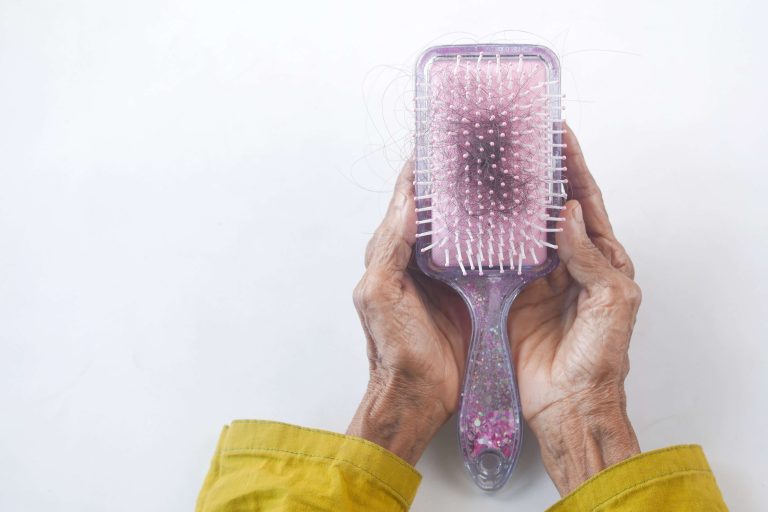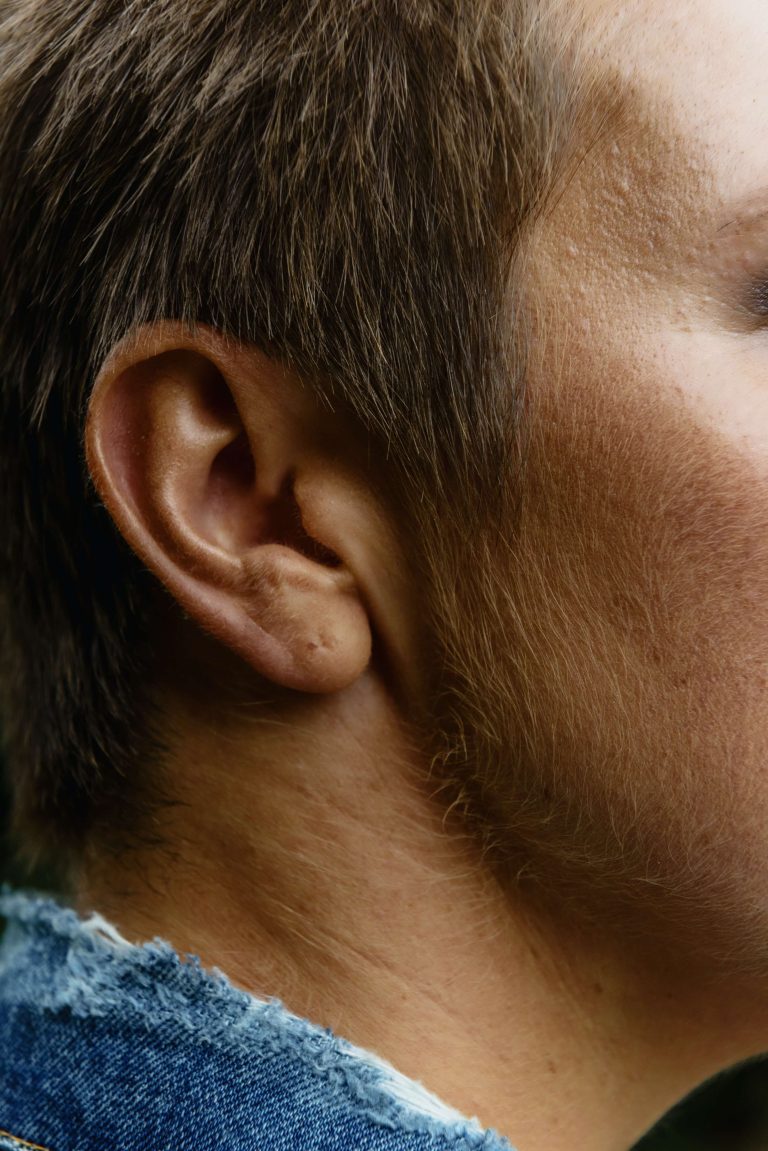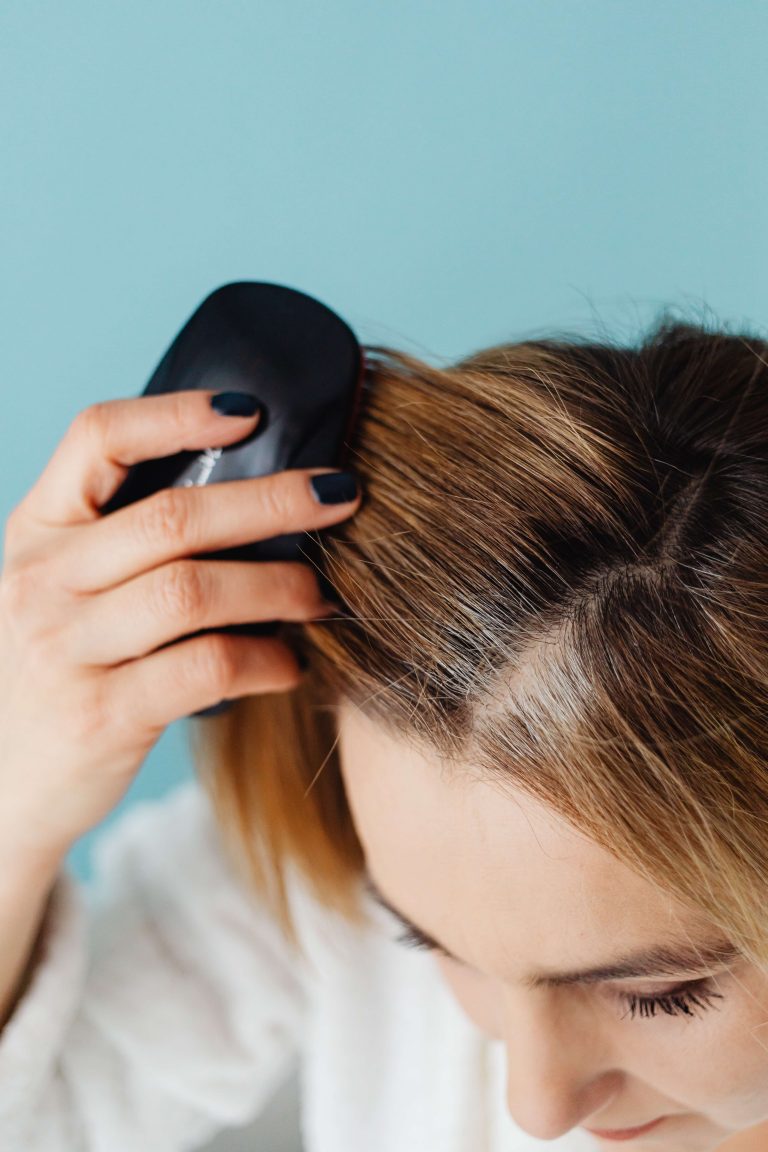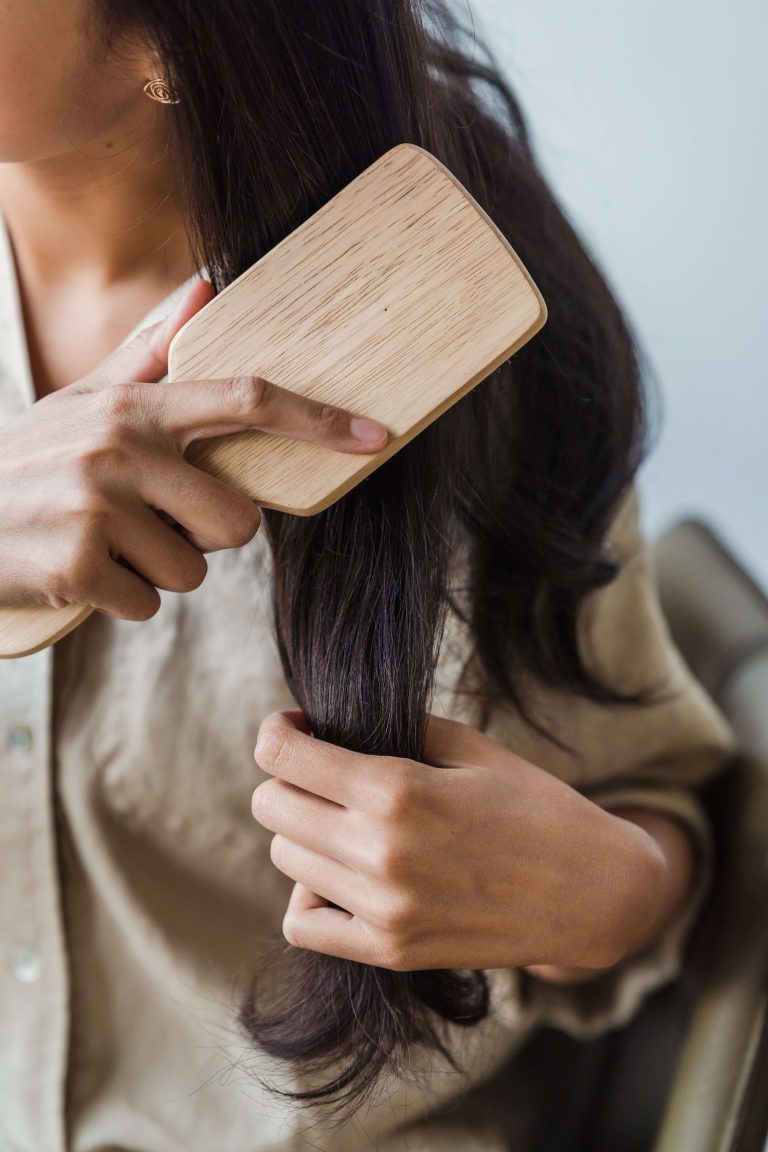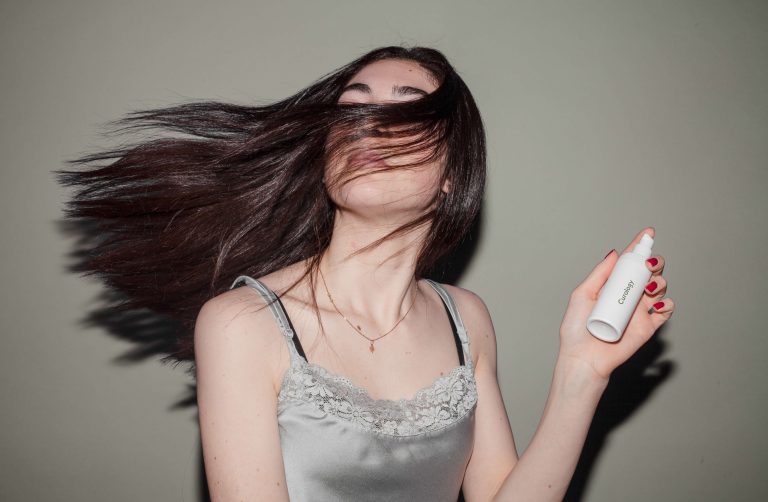There are many reasons why you might be experiencing hair loss, but if it is happening, you will want to do something about it as soon as possible. Hair loss can be a completely devastating experience, and many people end up feeling very depressed when their hair starts to thin.
Causes for hair loss can run the gamut from genetics, medical treatments like chemotherapy, skin eczema or allergies, excessive stress, poor nutrition, hormonal changes like menopause and “andropause”, under-active thyroid, immune disorders to trichotillomania, a psychological disorder in which people are compelled to pull out their hair. A study in England has also shown a direct connection between smoking and hair loss. It also showed that smokers were 4 times more likely to have grey hair than non-smokers.
Some conditions can be treated medically through drugs like minoxidil and corticosteroids. Others might require something more drastic, like follicular hair transplant, a form of surgical hair restoration that does provide lasting benefits.
But for us normal folks in our 30’s, 40’s, even 50’s, who are just starting to notice our thinning hair, what preventative measures or supplementation can we take to minimise hair loss?
Because healthy hair is dependent on the health of the scalp (hair requires a plentiful supply of nutrient-rich blood to nourish the hair follicles in the scalp) it makes sense that eating nutritionally balanced meals will promote healthy follicles and healthy hair growth. In a recent interview, Dr. Shari Lieberman Ph.D CNS, a nutrition scientist and exercise physiologist at the University of Bridgeport, CT, claims that crash diets have been responsible for many cases of hair loss: “I’m seeing a lot of women not eating enough protein. A lot of them are eating vegetables; they’re eating carbs. They’ve really gone off a lot of protein and sometimes I’ll see hair loss in women for that.”
There is no doubt that a daily diet rich in protein, good carbs and essential fats is important for hair health. Hair is very sensitive to vitamin or mineral imbalances in the body. A flaky scalp can be caused by too little vitamin A; however, too much vitamin A can also bring about hair loss. Supplements, when taken on a consistent basis, at the average or standard dosage suggested below or at a dosage recommended by your physician, can be a strong deterrent to premature hair loss.
Consider the following:
a) Evening Primrose Oil and Flaxseed Oil. Both of these are rich in omega-3 fatty acids which are essential for strong, healthy hair. Evening primrose oil contains a special fat called gamma-linolenic acid (GLA) which the body converts to hormonelike compounds called prostaglandins. The GLA in evening primrose oil is directly converted to anti-inflammatory prostaglandins which are effective against eczema and skin allergies. Taking evening primrose oil (1000mg 3 times a day) will prevent hair loss that is caused by excess flaking and shedding of skin on the scalp.
b) Flaxseed Oil (14 g a day) provides substances called lignin’s which may help fight cancer, bacteria, viruses and fungi. Flaxseed oil boosts the health of hair and nail and speeds the healing of scalp lesions that may contribute to hair loss. A recent study involving 10 men between the ages of 20 and 70 in varying stages of male pattern baldness (AGA) showed that 8 of the subjects reported modest improvement of their hair loss condition, one reported much improvement and one subject reported no effect. Throughout the study, the daily numbers of hair loss decreased and 50 percent of the subjects noticed a decrease in oil secretion in their scalp.
c) Zinc (30mg) can boost thyroid function and reduce hair loss that comes from an underactive thyroid. Zinc must be taken with its companion Copper (2 mg a day) in order to maintain proper mineral balance in the body. Copper also contains melanin, the pigment that colours hair and skin and can help reverse or delay premature greying. Zinc can also affect the levels of androgens, the hormones involved in some form of genetic hair loss.
d) Biotin (1000 mcg a day) and Vitamin B-50 Complex (1 tablet twice a day) can also reduce the oiliness and flakiness of the scalp and strengthen the condition of the hair.
Other preventative procedures could include a weekly scalp massage to stimulate blood flow and reduce stress which can contribute to hair loss, wearing a hat to protect hair and scalp from sun damage and avoiding abrasive hair treatment like permanents or colouring.

